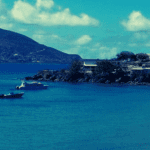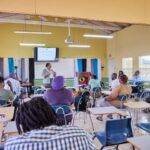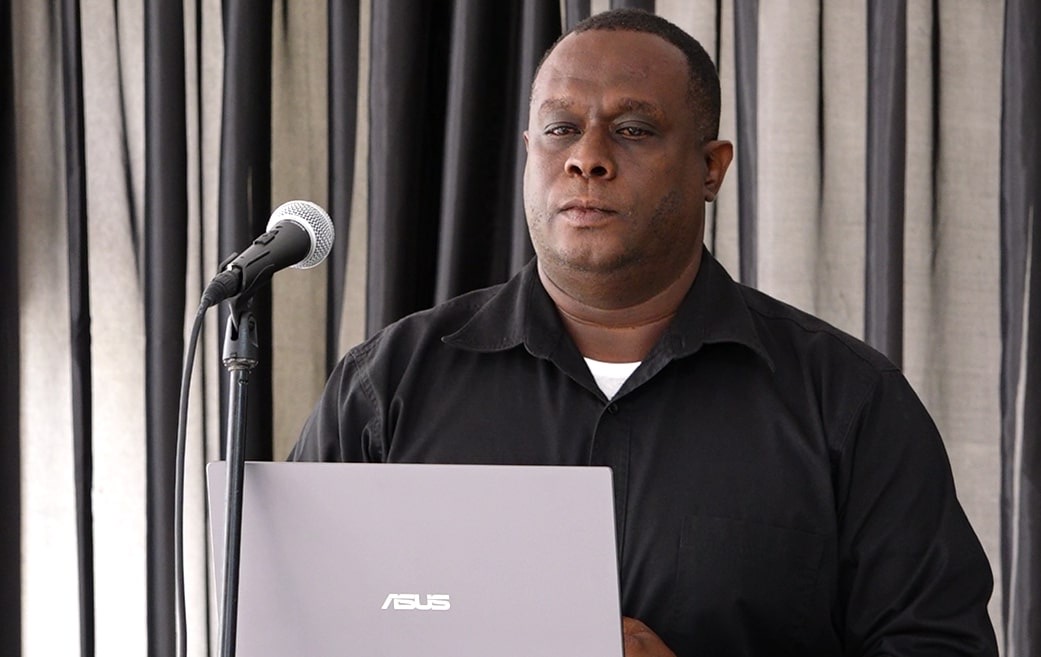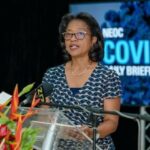NIA CHARLESTOWN NEVIS (January 17, 2024)- The Department of Marine Resources (DMR) intends to launch a project in 2024 to construct artificial reefs intended to increase the fish and lobster population in Nevis’ waters.
Mr. Corey Maynard, DMR Deputy Director based on Nevis, said the island will benefit directly from this Federal programme. He explained how during his presentation outlining the Department’s activities for this year at the Nevis Island Administration (NIA) Ministry of Agriculture Agenda 2024 meeting on January 16.
“In terms of our Marine Management Unit we plan to install some artificial reefs that will be made from conch shells. So we are embarking on a project with the scuba divers, the conch divers, that when they take the conch from the shells they bring the shells to the shore.
“What we’ll do is make some cages and place the conch shells in the cages. What will happen is these will act as nurseries for juvenile fish, lobsters and other reef species.”
The Deputy Director also listed combatting ghost fishing as a focal area for the Department in 2024. Ghost fishing is when fish traps (pots) are lost, abandoned or discarded and continue to trap fish, which eventually die inside the traps.
“Ghost fishing is a big issue that we have in the Federation. What we plan on doing for that is introducing a biodegradable twine. That will be attached to the door of the trap and after a period, based on the soaking time, the twine will disintegrate and the trap door will fly open and so the fish will be able to swim in and out of the traps.”
He highlighted the financial and environmental impact of ghost fishing to the sector in St. Kitts and Nevis.
“For 2023 we had approximately 100 traps that were lost. If each trap netted eight pounds of fish monthly that brings us to 800 pounds of fish per month at about $10 that’s $8000, and $8000 multiplied by 12 gives us $96,000 a year which will be lost to fishers, and also it decreases our fish stock. So you see why the introduction of this biodegradable twine will be so important.”Mr. Maynard went on to disclose that fisher training in areas such as long line fishing, FAD (Fish Aggregate Device) fishing and vertical fishing will continue in 2024.
FADs are structures that attract fish, and having lost floating FADs in the past, the DMR intends to begin deploying the submerged [underwater] versions of these devices.
Training for stakeholders remains at the forefront of the DMR agenda and as such the Deputy Director informed that safety at sea training with respect to radio use for communication, navigation, the use of GPS, and compass use will continue in 2024.
“We believe that no fisher, once they have the proper training and equipment, should be lost at sea,” Mr. Maynard stated.
END













